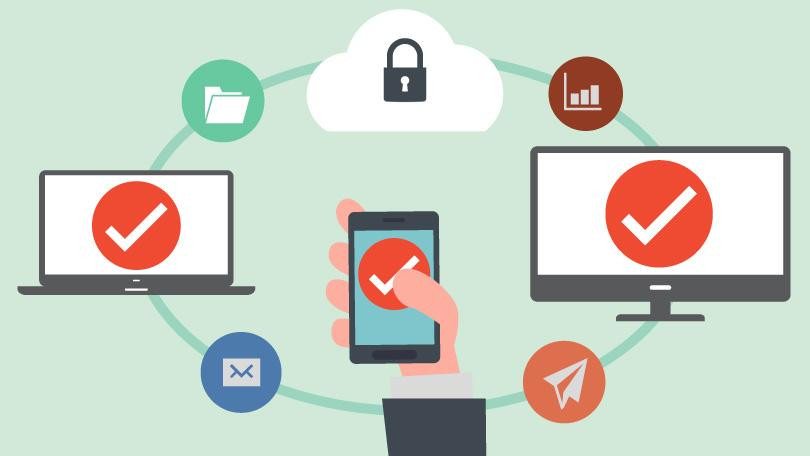Why You Need Endpoint Protection Software
Have you seen the news about cyber crimes lately? Ransomware attacks have increased drastically since 2017, and companies are losing over $75 billion a year because of these data breaches. Endpoint security has become a pressing issue for many business owners, but especially those who have small businesses.
Endpoint security is best described as securing all the endpoints on your network, including mobile phones, laptops, desktop computers, and servers that are attached to your business. You may not realize it, but if you have allowed employees to use their own devices on your network, you could have already opened yourself up to a threat.
Who is Connecting to Your Network?
If you allow customers and employees to access your network, then you have multiple endpoints. These could be cell phones or laptops, or it could be an entire server if you work with contractors or employees who connect from home. Endpoint defense software aims to secure every device that is connecting to a network and block attempts from nefarious connections or other risky activities.
However, it’s nearly impossible to do this when you have so many unknown devices locking onto your network. While it’s likely that your employees don’t mean to harm your network, they inadvertently up your business to a threat if their machines and devices are infected or if they navigate to a harmful site while on your network.
Read also: Best tracking Software for iPhone
Your Business Doesn’t Have a Plan for Cyber Defense
What if you suffered a DDoS (distributed denial-of-service) attack today? These attacks bring down your website and make it inaccessible for hours, sometimes days if you don’t have the right team in place. You may think that it’s your host provider who should handle these threats, but that can get a business in trouble. The provider likely isn’t looking out for your business at all times of the day, and they probably won’t have the same urgency.
In this case, it’s important to have endpoint protection software because you can detect a threat and have a plan in place to handle it immediately.
Here are some of the features that come with this type of endpoint protection:
- Network access control
- Data loss prevention
- Insider threat protection
- Endpoint encryption
- Email encryption
- Whitelisting control
- Threat detection and response
- Admin controls
This software can be installed on a central server or management device to start monitoring your network and providing incredible security. You can also develop a plan with your IT team to handle cyber security threats and resolve problems with users on your networks who aren’t following your business’ security guidelines.
You Don’t Monitor Your Company’s Web Activity
While it’s not always fun to discuss, you don’t want to leave your business open to risks. When you have employees and an office to manage, you don’t want to worry about the employees who are clicking on links that can inadvertently threaten your system’s integrity. Even if you have a handbook in place that specifically forbids employees to go to certain sites, you may not be able to prevent them from going to those sites unless you have endpoint software on your network.
It’s important for businesses to take charge of their cyber security and monitor their web traffic as much as they can. You can set up firewalls and block sites on your network, but it’s also about informing your employees of the threats and why their devices must be monitored if they are going to connect to the network.
You also want to make sure that computers and devices hooked up to your network have the latest security updates and definitions. With endpoint software, you can automatically scan and detect these problems, uploading security updates to an employee’s computer immediately.
If you run a business with online components,then you need endpoint protection software. It’s the first defense against criminals taking your business down.




